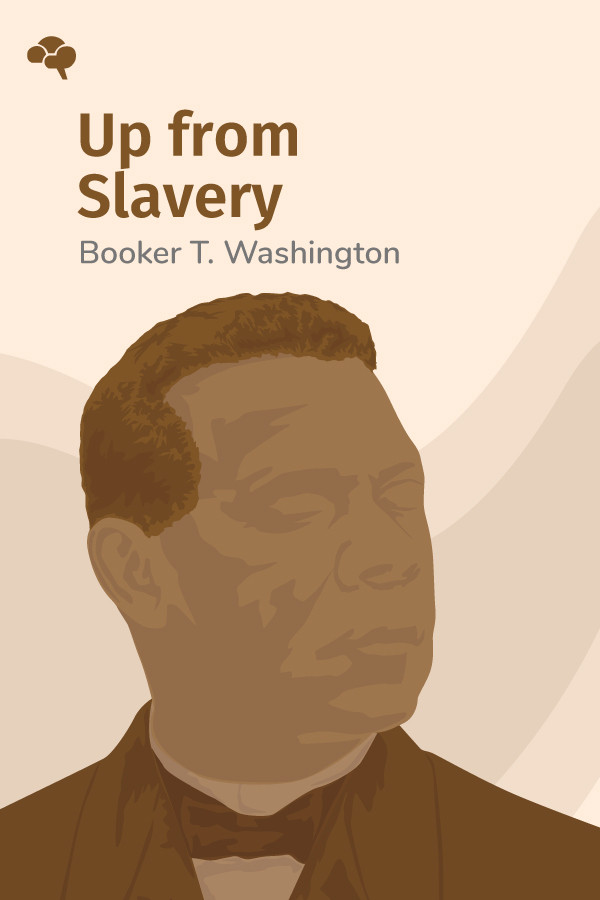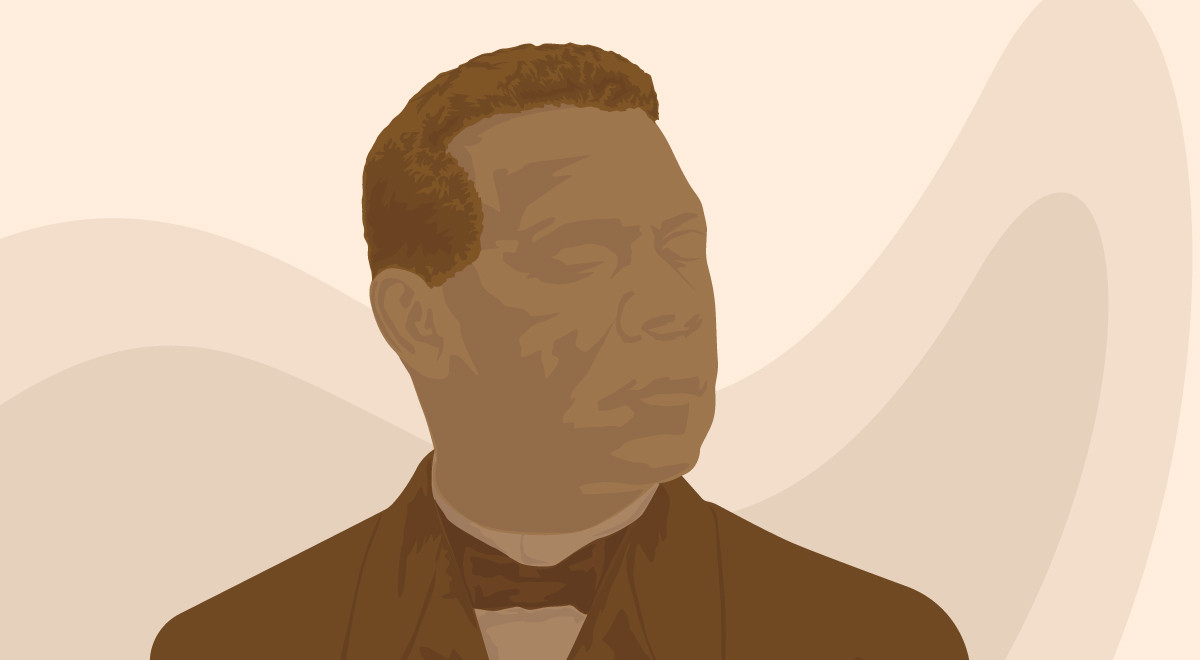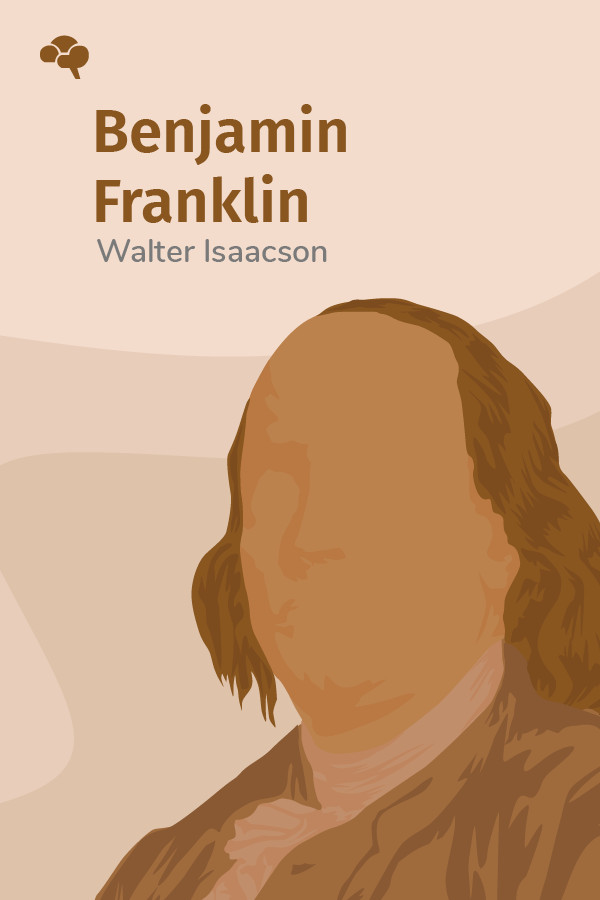

What You'll Learn:
Booker T. Washington (1856-1915) tells his story of growing up under slavery and then during the Reconstruction, his adjustment to new freedoms, his work with the Tuskegee Institute (a school that remains in operation to this day), and the struggles he encountered along the way. Washington is remembered as an ambitious advocate of practical, industrial training as a means of lifting blacks and whites out of poverty.
Key Insights:
- Washington grew up not knowing his birthdate, who his father was, or what it was like to sleep in a bed.
- Even on remote plantations, slaves managed to stay informed about current events—sometimes more so than their masters.
- Despite injustices on the plantation, there could also be strong bonds of sympathy between masters and slaves.
- Washington believed slavery enfeebled the masters just as much as the slaves.
- Newfound freedom was cause for joy at first, but quickly became a bewildering burden.
- Despite innumerable obstacles, teenage Washington left all that was familiar to pursue his education.
- Washington’s Tuskegee Institute went from a humble hen house to a nationally admired institution graced by a sitting U.S. president.
- Harvard was the first university in the United States to confer an honorary degree on a black man—and Washington was the recipient.




